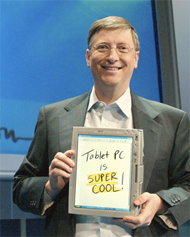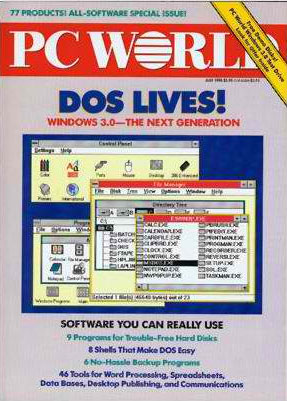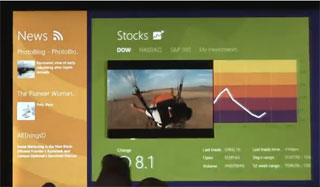 Digitimes — a site with an erratic record record on scoops — is claiming that Microsoft may be in the process of considering marketing its own tablet that would launch sometime next year. This would be around the same time the company would be debuting its somewhat-tablet-centric Windows 8 operating system.
Digitimes — a site with an erratic record record on scoops — is claiming that Microsoft may be in the process of considering marketing its own tablet that would launch sometime next year. This would be around the same time the company would be debuting its somewhat-tablet-centric Windows 8 operating system.
The Redmond company has supposedly called on Texas Instruments and several Taiwanese manufacturers to make the device a reality. And why not? What better way to market your brand new OS and highlight its features than your own device?
 Now, is it a good idea for Microsoft? That’s up for debate. To date, the Xbox 360 is the only success that the company has had at retail outside of accessories such as mice and (of course) software. The Zune music player and the Microsoft Kin phone are two of its most notable failures.
Now, is it a good idea for Microsoft? That’s up for debate. To date, the Xbox 360 is the only success that the company has had at retail outside of accessories such as mice and (of course) software. The Zune music player and the Microsoft Kin phone are two of its most notable failures.
If Digitimes’ rumor is the real deal, I think Microsoft should launch this device alongside Windows 8 to give it the most pop. Here’s my suggestion to Redmond: bring this device to Windows 8 launch events. The launch of the OS is going to be a big deal — akin to the 95 and XP launches — so make sure that Microsoft staffers are demonstrating the hot new Windows 8 features on a Microsoft tablet. In other words, build buzz not only about the OS itself, but the product you created to show it off.
I think it’s a good idea, but it needs to be done right. Can Microsoft do it?

 Good thing Microsoft had a packed line-up of Kinect games to show at its E3 press conference, because last week’s
Good thing Microsoft had a packed line-up of Kinect games to show at its E3 press conference, because last week’s 
 Analyst John Pescatore: “Other thank cloud computing, what’s the riskiest bet you’re currently making?”
Analyst John Pescatore: “Other thank cloud computing, what’s the riskiest bet you’re currently making?”
